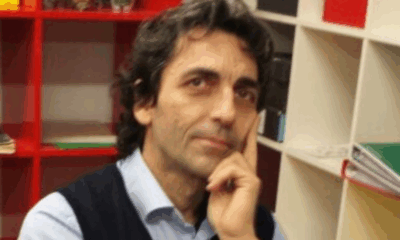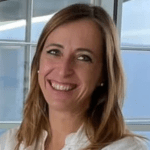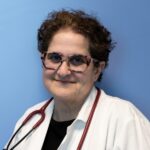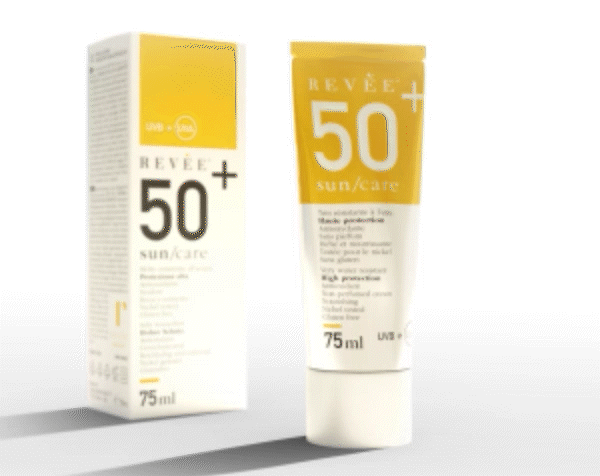Associations
Transgender people need more healthcare options
«Around 0,9% of global population had genital surgery, but not every transgender person desires medical procedures or genital surgeries performed on them»
Alessandra Fisher, endocrinologist at the Careggi Hospital in Florence, board member of the EPATH and president of SIGIS
Data on healthcare for transgender people is difficult to fetch, as the transgender community is still marginalised, with many barriers preventing them from accessing generalist and specialist services. The first international organisation with the aim to safeguard transgender people’s health was created in 2013, and Italy followed suit only in 2021.
Alessandra Fisher, endocrinologist at the Careggi Hospital in Florence, wants to give an overview of the topic in the Italian healthcare system. Fisher is a board member of the European Professional Association for Transgender Health (EPATH), and founding member and current president of SIGIS, the Italian Society on Gender, Identity and Health.
«I’ve been dealing with assisting transgender people with their health needs, both in adult and adolescent people – Fisher explains – SIGIS was founded in 2021, so it is indeed young, but this means that the association expends every bit of energy in improving healthcare for transgender people».
SIGIS objectives
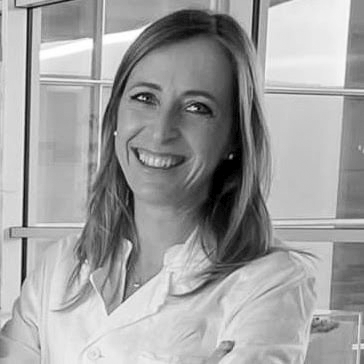
SIGIS is an association made by multidisciplinary professionals. Psychologists, psychiatrists, paediatric neuropsychiatrists, urologists, surgeons, medical examiners, endocrinologists: «Clearly all those professional figures that, synergistically, have to assist transgender people when requested» Fisher says.
One of SIGIS objectives is to develop and promote knowledge about the field, knowing that on a national and international level direct experience is limited. «It is something that normally is not studied by future doctors and psychologists – Fisher highlights – Consequently, people will find themselves being visited by professionals who do not understand their needs, with possible psychological and even physical repercussions».
SIGIS’ mission is to improve medical training on transgenderism and to create a network of professionals, sometimes that is much needed as transgender people have to be followed by different experts. «This is the reason we organised the first national congress: to talk about these themes and give interested professionals a place to speak and listen».
Being a transgender person means to present a different gender identity than the one assigned at birth. «Some transgender patients may wish to have their body modified making it more similar to what they feel, and for this reason they might require a medical therapy or surgery – the endocrinologists says – This means that each person is unique, as some other transgender people do not feel the need for these medical therapies».
A different path for each person
Gender-affirming therapy is not mandatory and the process is not the same for everyone. This is why SIGIS is a multidisciplinary association that can shape therapy for each unique personality. Before starting gender-affirming therapy, each patient must be informed on every procedure that can be performed and the associated risks, as they need to be informed about the path they’re about to embark, concerted with the specialists that will follow them during therapy.
«The procedures, either medical or surgical, are tailored to each person’s desires – Fisher clarifies – and this is why a multidisciplinary approach is useful. A transgender person, for example, may feel the need of having a surgery that builds a masculine thorax, without going through a testosterone therapy; or they might choose to have a synergistic surgical and hormonal therapy».
Working as a team
«Each person is different and unique» Fisher says, and this means that it is pivotal for professionals to communicate, discuss, share experiences about the therapies they believe are more effective, without taking standardised and ubiquitous procedures for granted.
SIGIS is working hard to make healthcare for transgender people way more accessible. «Data tells us that transgender people have difficulties at accessing standard screenings, even if they’d be entitled to them as much as cisgender people. This is a serious breach of the universal right to healthcare».
One example is mammography, that is normally guaranteed for cisgender people: «Sadly, this is not the case for transgender people, and is a clear example of discrimination» Fisher confirms.
The state of transgender people in Italy
Transgender people in Italy, as in the rest of the world, are mostly excluded by many healthcare policies, preventing them from easily accessing medical assistance.
This is aggravated by the lack of education by healthcare professionals, who are expected to study by themselves the best ways to support transgender people, as this field is largely ignored by the standard universities’ courses according to the ISS.
«Whereas the general practitioner or the family paediatrician do not have the tools to handle a situation they were not trained for, surely they will not be able to efficiently solve their patients’ problems – SIGIS president explains – For this reason our organisation actively cooperates with other Italian scientific groups that work with us in creating a multidisciplinary network».
The synergy between scientific groups and associations
Cooperation between scientific groups and associations must be horizontal, as the objective must always be the circulation of knowledge.
«We adopted the model laid out by Epath, the European Professional Association for Transgender Health, of which I am a board member – Fisher specifies – Northern European countries, especially the Netherlands and Belgium, were the trailblazers of this process. Even before the constitution of the EPATH, they were already studying transgender issues».
Italy is still behind these European countries in many aspects.
«We are making great strides, but there is still a lot of work to do to guarantee better assistance and more rights in our country – Fisher explains – For example, we still have no accurate data on the number of transgender people in Italy. We need this data to understand the bigger picture, and we are working on it».
How many transgender people there are?
There exists old studies about the number of people who underwent a genital surgery: «These are about 0,9% of the entire Italian population, but as I mentioned, not every transgender person desires medical procedures or genital surgeries performed on them».
It is clear that these numbers are approximate. «This 0,9% is only a part of the transgender population».
To obtain fresh data, SIGIS, together with the ISS and the Careggi University Hospital is conducting a study which aims to finally have a clear number about transgender people in Italy.
«Knowing how many transgender people there are is important to understand their healthcare needs – Fisher says – We are near the end of the research, and I hope we will be able to make the results public as soon as summer ends, to finally have a clear understanding of the bigger picture».




